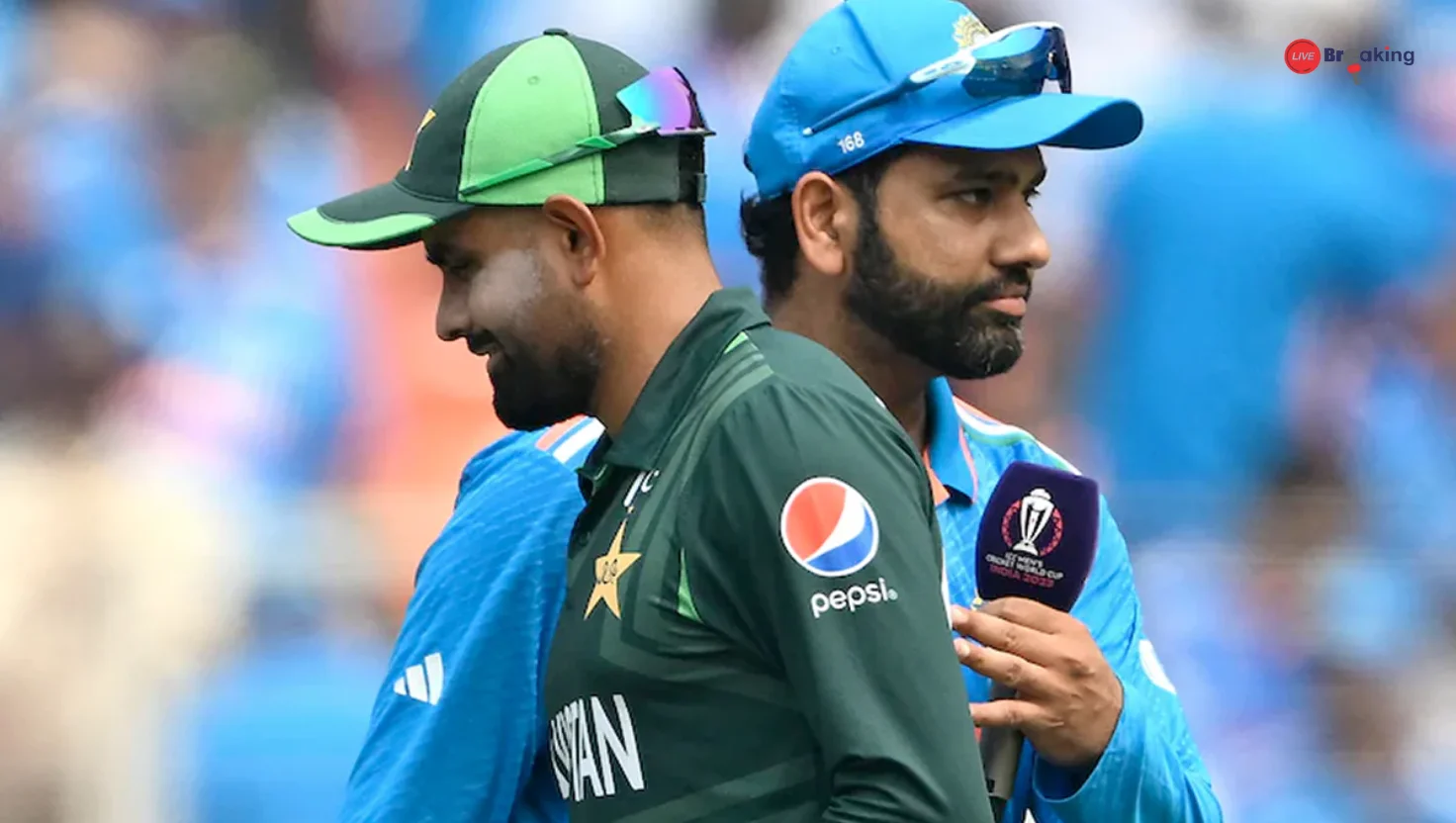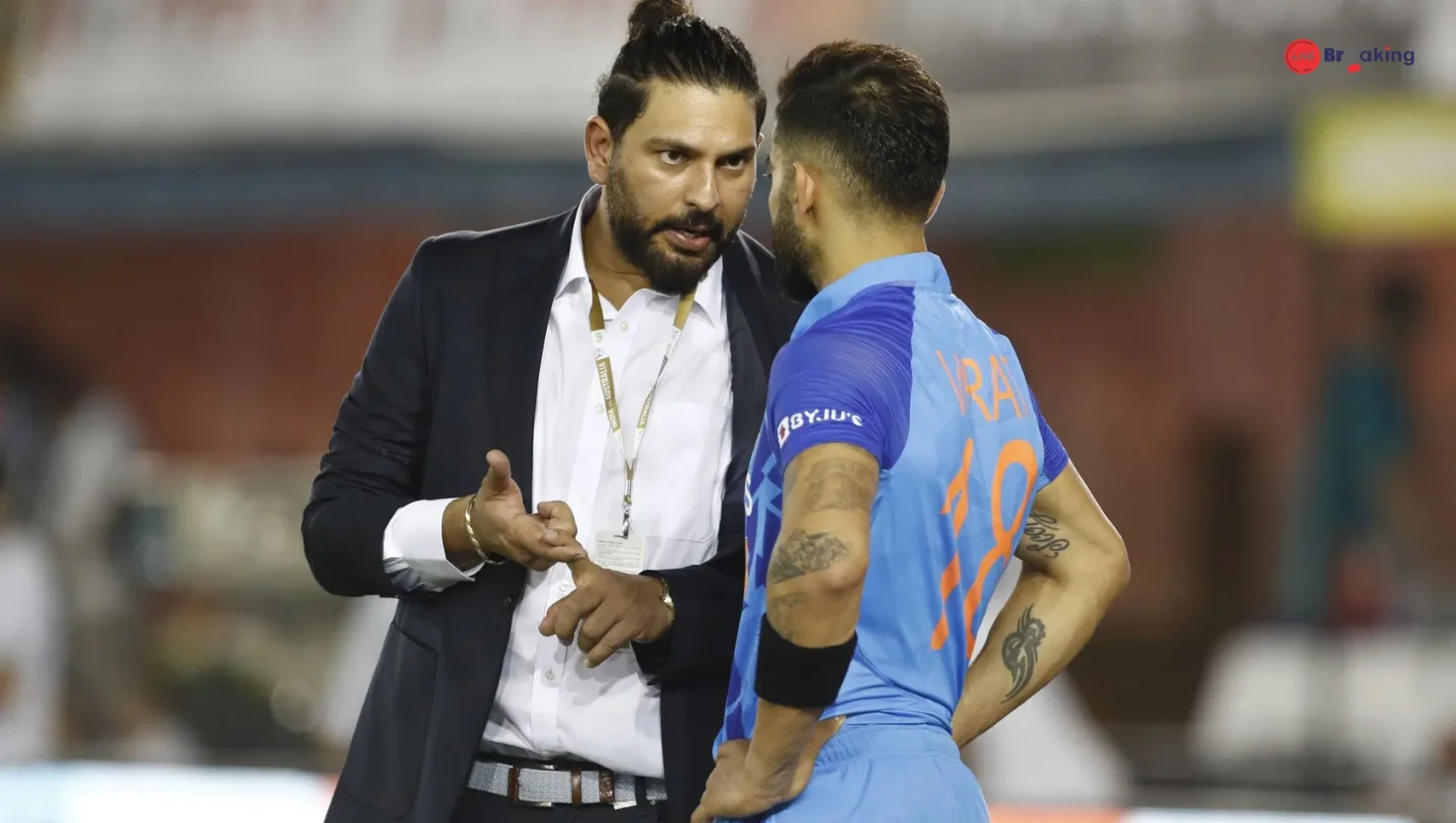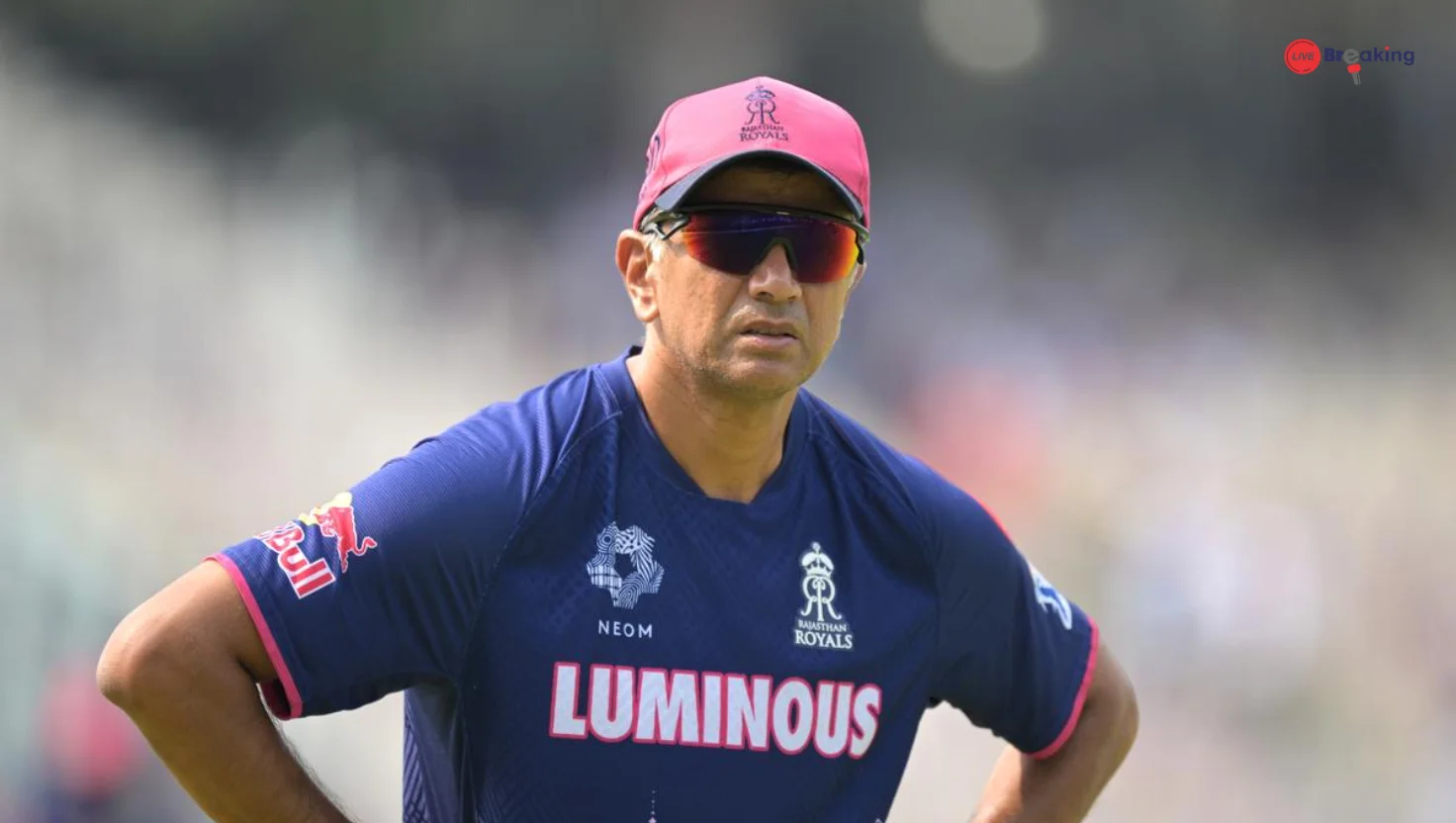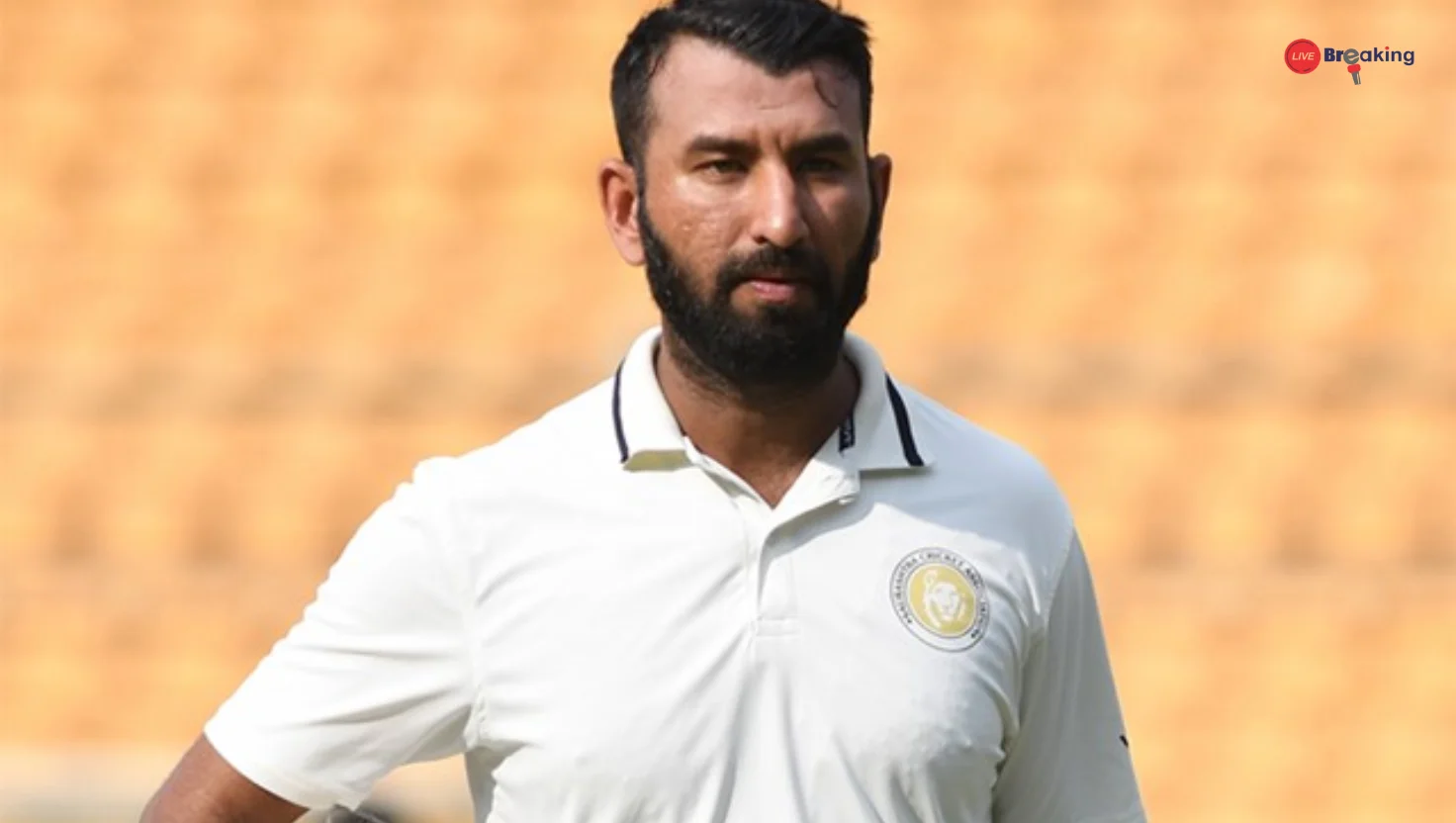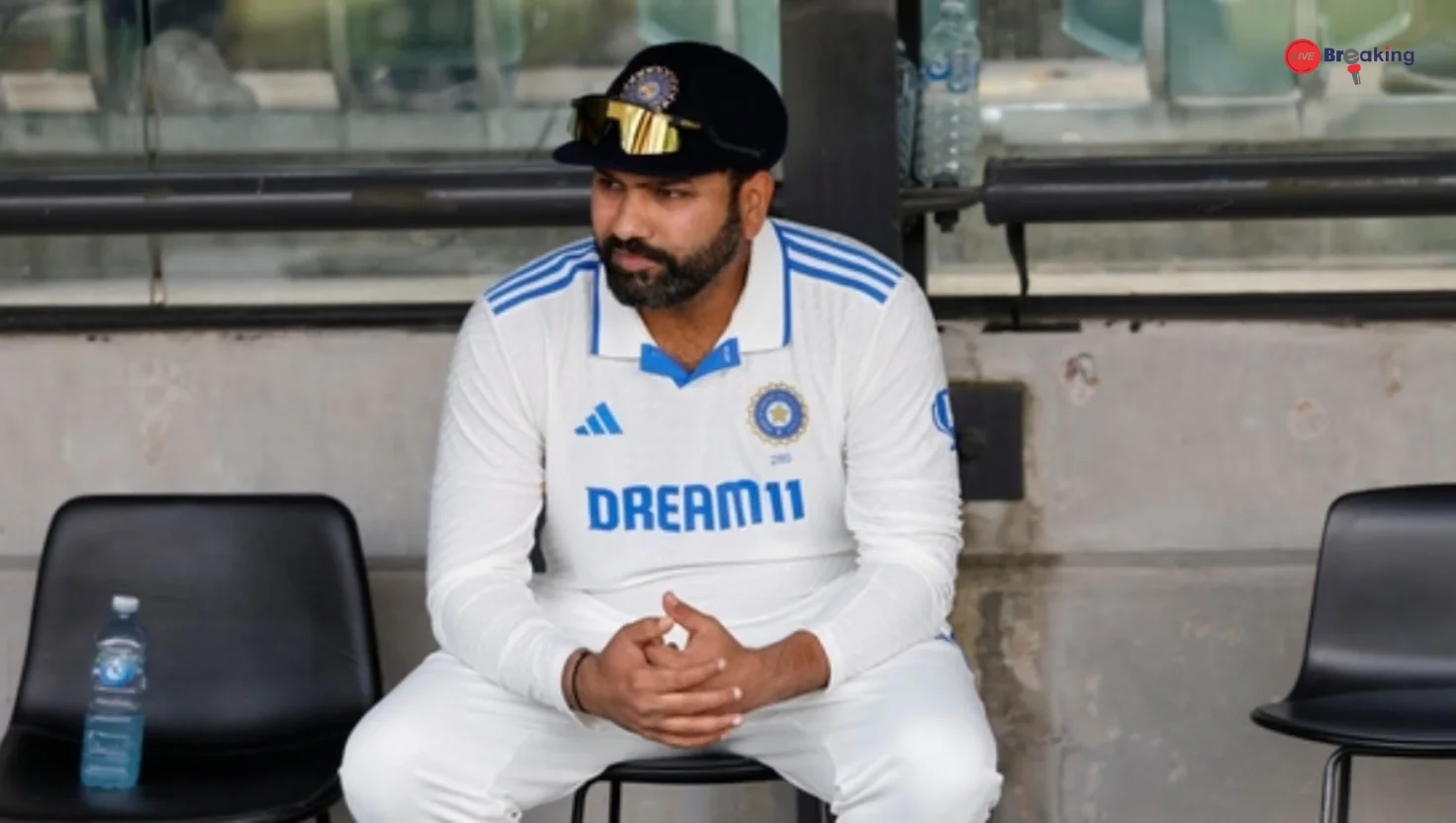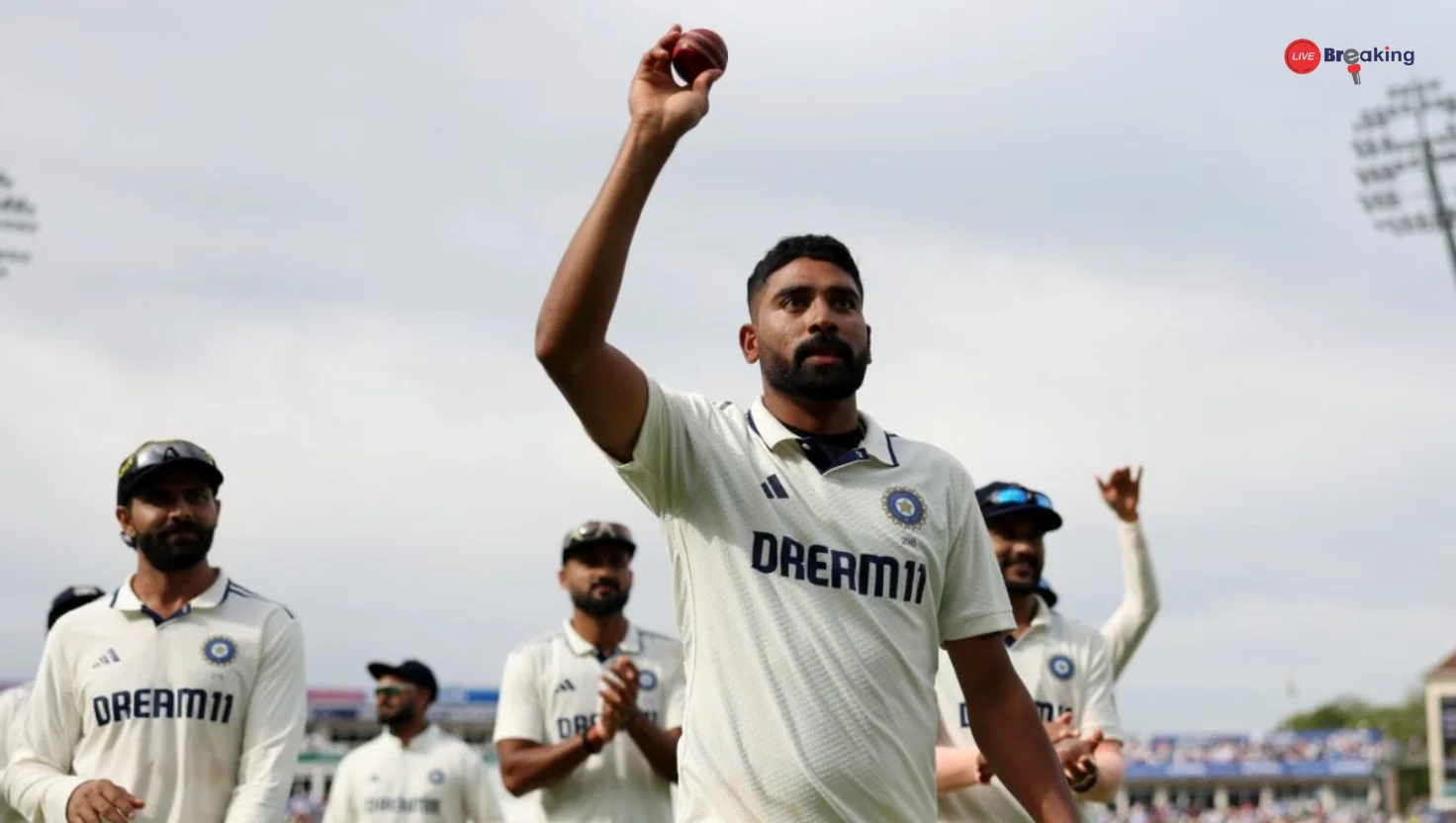BCCI Opts for Silence: Report Points to ‘Invisible’ Boycott of India vs Pakistan
The India-Pakistan cricket rivalry has always been one of the most anticipated spectacles in world sport. Millions of fans across both nations, as well as around the globe, tune in whenever the two teams face off, turning the match into much more than just a game. However, this time around, an unusual silence was noticed—one that came not from the crowd, but from the governing body of Indian cricket, the BCCI. Reports suggest that the Board of Control for Cricket in India deliberately chose to maintain a low-key presence during the Asia Cup clash, sparking speculation of an ‘invisible’ boycott.
No Grand Celebrations, No Visible Presence
In the past, India-Pakistan games at major tournaments have often been accompanied by high-level representation, official statements, and visible celebration of the sport. This time, however, the absence of senior BCCI officials, muted social media engagement, and an overall toned-down approach stood out. The ‘invisible’ boycott did not involve a formal announcement or an outright withdrawal but rather a subtle distancing that was noticed by fans, media, and analysts alike.
The BCCI’s decision seemed to be a quiet way of making a statement without disrupting the tournament. By staying away, the board refrained from adding to the hype, thereby signaling its discomfort without putting the players or the event in jeopardy.
The Political Undercurrents
India-Pakistan cricket has never existed in isolation from politics. While bilateral cricket ties remain suspended due to strained diplomatic relations, matches at multilateral events like the Asia Cup or ICC tournaments continue. Still, the atmosphere surrounding them is often charged.
The reported boycott is believed to be linked to broader political sensitivities. With India’s official stance on cross-border relations remaining firm, the BCCI appears to be aligning with that position. Instead of openly confronting the issue, the board opted for a strategy that balanced diplomatic considerations with the inevitability of competing in an international tournament.
Sending a Message Without Words
What makes this boycott ‘invisible’ is precisely its understated nature. Unlike formal boycotts, which involve pulling out of tournaments or issuing strong declarations, the BCCI’s approach was to reduce visibility. This included avoiding celebratory posts, keeping official communication minimal, and not projecting the match as a marquee event on its platforms.
Read more: Rahul Dravid Steps Down as Rajasthan Royals Coach, Turns Down Fresh Offer
This subtle distancing served multiple purposes. On one hand, it kept the Indian players free from unnecessary distractions, allowing them to focus solely on the game. On the other, it reinforced India’s broader political position without creating a diplomatic storm in the sporting arena.
The Reaction from Fans and Experts
Fans quickly noticed the BCCI’s silence. Many pointed out that while other cricket boards and global media built up the hype, the Indian side was unusually quiet. For a match that usually dominates headlines, the subdued tone was impossible to miss.
Experts have described the move as strategic. By taking the ‘invisible’ boycott route, the BCCI managed to highlight its discomfort without penalizing the players or risking backlash from the global cricket community. It was, in many ways, a calculated middle path.
Implications for the Future of Indo-Pak Cricket
The episode raises fresh questions about the future of cricketing ties between India and Pakistan. While matches at ICC or Asian Cricket Council events may still take place, the lack of enthusiasm from the Indian side suggests that bilateral revival remains far from reality.
For players and fans, this creates a paradox. While the rivalry continues to capture imaginations, the lack of institutional support means the matches may increasingly feel like mere obligations rather than celebrated spectacles.
Read more: I Saw Kohli Crying in the Bathroom: Chahal Shares Untold Story of Team India’s Darkest Hour
A Silent Protest in the World’s Loudest Rivalry
The India-Pakistan cricket rivalry thrives on noise—be it the roar of the fans, the flashing cameras, or the endless debates in media circles. Against this backdrop, the BCCI’s quiet stance during the Asia Cup clash was perhaps more noticeable than any loud protest could have been.
By choosing an ‘invisible’ boycott, the BCCI managed to register its position while avoiding direct confrontation. It was a reminder that cricket between the two nations cannot escape the shadows of politics, and that even in the world’s most high-voltage sporting rivalry, silence can sometimes speak louder than words.

